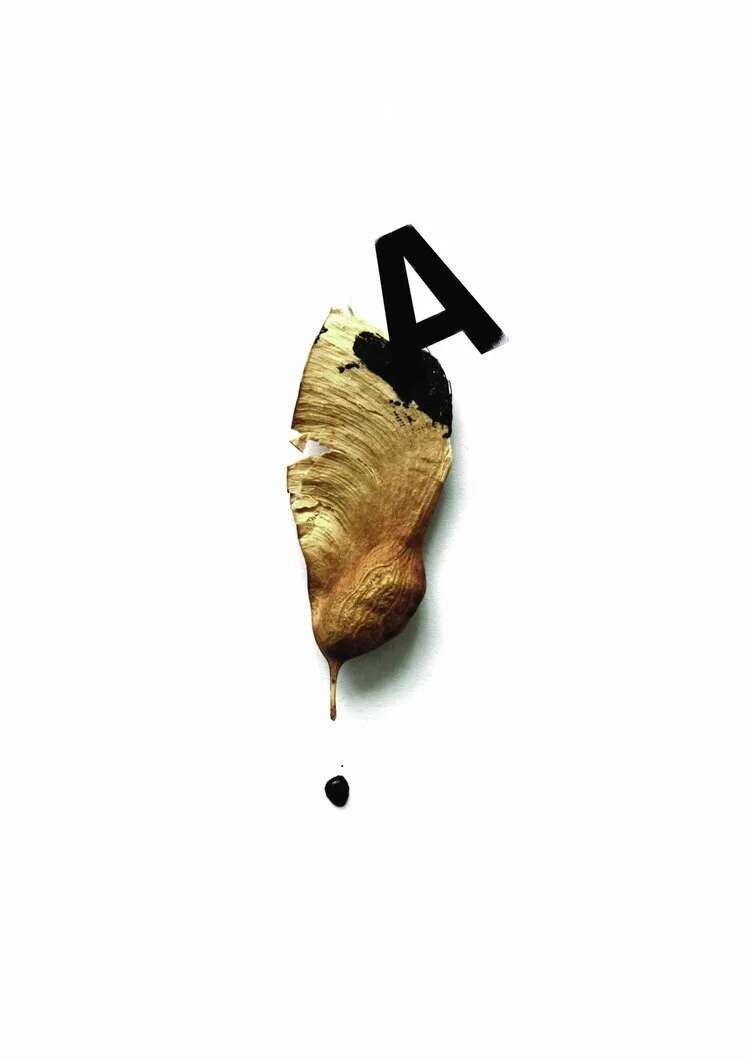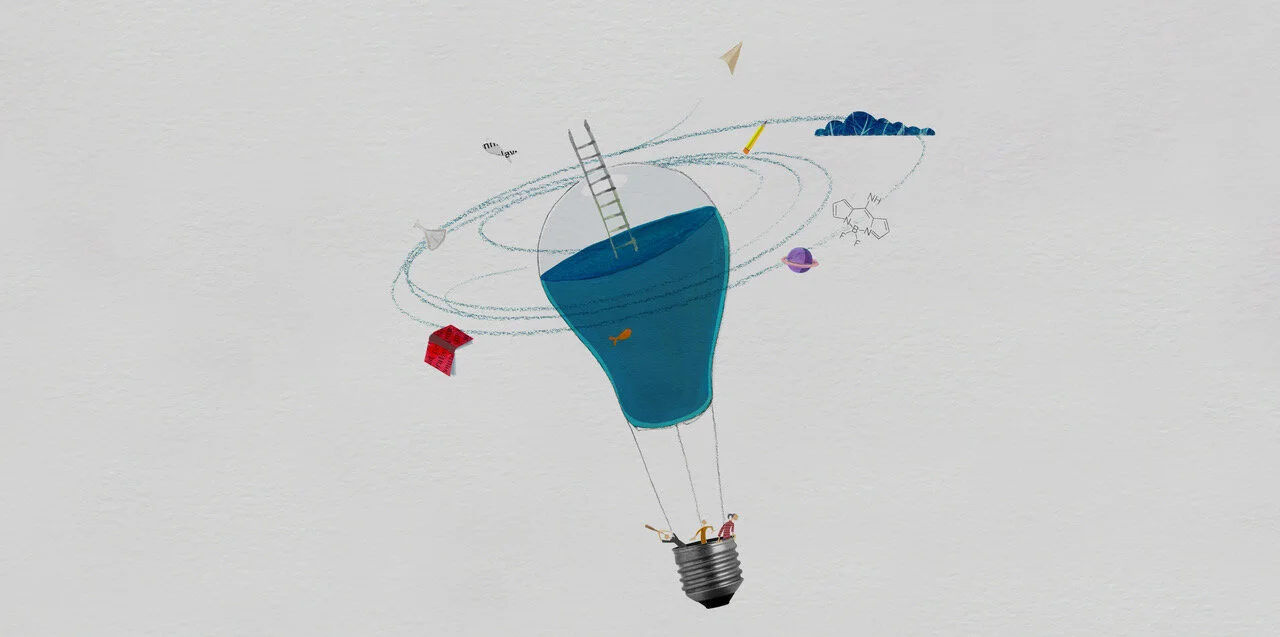As an organisation that works on all children's rights, we must acknowledge that climate and environmental degradation affect all other rights, as without a planet to live and thrive in, what’s the point of rights? But more than recognising this reality, we must act on it. Read our new climate justice strategy.
More than 1,000 organisations have been calling on UN Member States to recognise the right to a healthy environment. A new statement has been delivered during the 46th session of the Human Rights Council, which is still open for new signatories.
Read MoreWe’re considering what to do with CRIN’s old library on children’s rights and we’re inviting our users to share any suggestions. Some years ago we archived the database and stopped updating it, as it had become untenable. But it has historical value, so we didn’t get rid of it.
Read MoreShamima Begum was recruited by ISIL when she was 15 and left the UK for Syria. In 2019 the Home Secretary deprived her of her citizenship and in February 2021 the Supreme Court decided on her appeal. In this FAQ we explain the case and why it matters.
Read MoreThe UN’s child rights committee has handed down its first decision about the rights of a child of an LGBT couple. It found that Finland failed to consider the best interests of the child of a lesbian couple when assessing his asylum request, in a case in which CRIN and partners intervened.
Read MoreWe’re pleased to announce that youth climate organisers have joined CRIN as Advisers on our work on environmental issues. This is the first time we’ll be collaborating with under-18s in this way, but the playing field is an equal and democratic one and we’re holding ourselves accountable to them.
Read MoreThe UK government has made it clear that it has no interest in conducting an objective and impartial review of its Prevent counter-terrorism policy. We cannot be complicit in a process that serves only to rubber stamp a fundamentally flawed strategy.
Read MoreSchools in Brazil have been shut because of the Covid-19 pandemic for longer than in most countries. In this guest article, the Alana Institute in Brazil makes a case for using green and open spaces in children’s education, showing how one city is already planning for it once it is safe to return to school.
In this opinion piece for Chile’s national survivors’ network, we highlight the essential next steps to securing truth and justice in Latin America’s clergy abuse scandal, discussing what’s necessary and what’s feasible.
Read MoreAs the world faces up to the challenges of dealing with the coronavirus (Covid-19) pandemic, CRIN is producing a series of features exploring how the pandemic and the measures to prevent its spread impact the human rights of under-18s.
Read MoreWith Covid-19 coverage focusing more on the negative impact the pandemic is having on citizens worldwide, here we swap ‘what’s gone wrong’ with ‘what’s gone right’, as we take a brief look at creative and considerate initiatives that have also come out of the pandemic.
What is the impact on the mental health of under-18s in a country that spends less than one percent of its health budget on mental healthcare? CRIN spoke with Kavita Mangnani, clinical psychologist and director of the restorative care programme at HAQ-Centre for Child Rights in Delhi.
Read MoreThe Covid-19 pandemic has affected children’s social and economic rights directly and indirectly beyond what we could have foreseen. What are the challenges to achieving these rights for children, and how can they be met during and after a pandemic?
Yujin Kim, a member of Youth 4 Climate Action Korea, reflects on the need to treat the climate crisis as urgently as any pandemic, and include young people - who are the biggest stakeholders - in developing an equitable recovery and development policy.
Read MoreCRIN is monitoring policy developments and recommendations on children’s rights in response to the Covid-19 pandemic. This page includes recommendations by international, regional and national human rights bodies and organisations on a wide range of issues.
Read MoreThe Covid-19 pandemic has forced many people to move their lives almost exclusively online. What are the concerns around the collection of children’s data and their surveillance?
Read MoreIn March 2020, CRIN joined the Digital Maker Collective at the Tate Modern’s Tate Exchange developed a series of workshops and talks introducing the general public to children’s rights and the digital environment.
Read MoreReports of escalating violence against women and children in the home followed the announcement of lockdowns to control the spread of Covid-19. Here we take a look at available data from domestic violence and child helplines and highlight that violence against women and children in the home is a pandemic too.
Read MoreOvercrowded facilities such as prisons, care homes and orphanages are breeding grounds for Covid-19. But children living in residential institutions have received little media attention. How should governments be responding during – and after – this pandemic?
Read MoreIn November 2019, we ran a workshop on how to hide from facial recognition at The Warren youth club in Hull, with DefendDigitalMe and Privacy International.
Read More



















